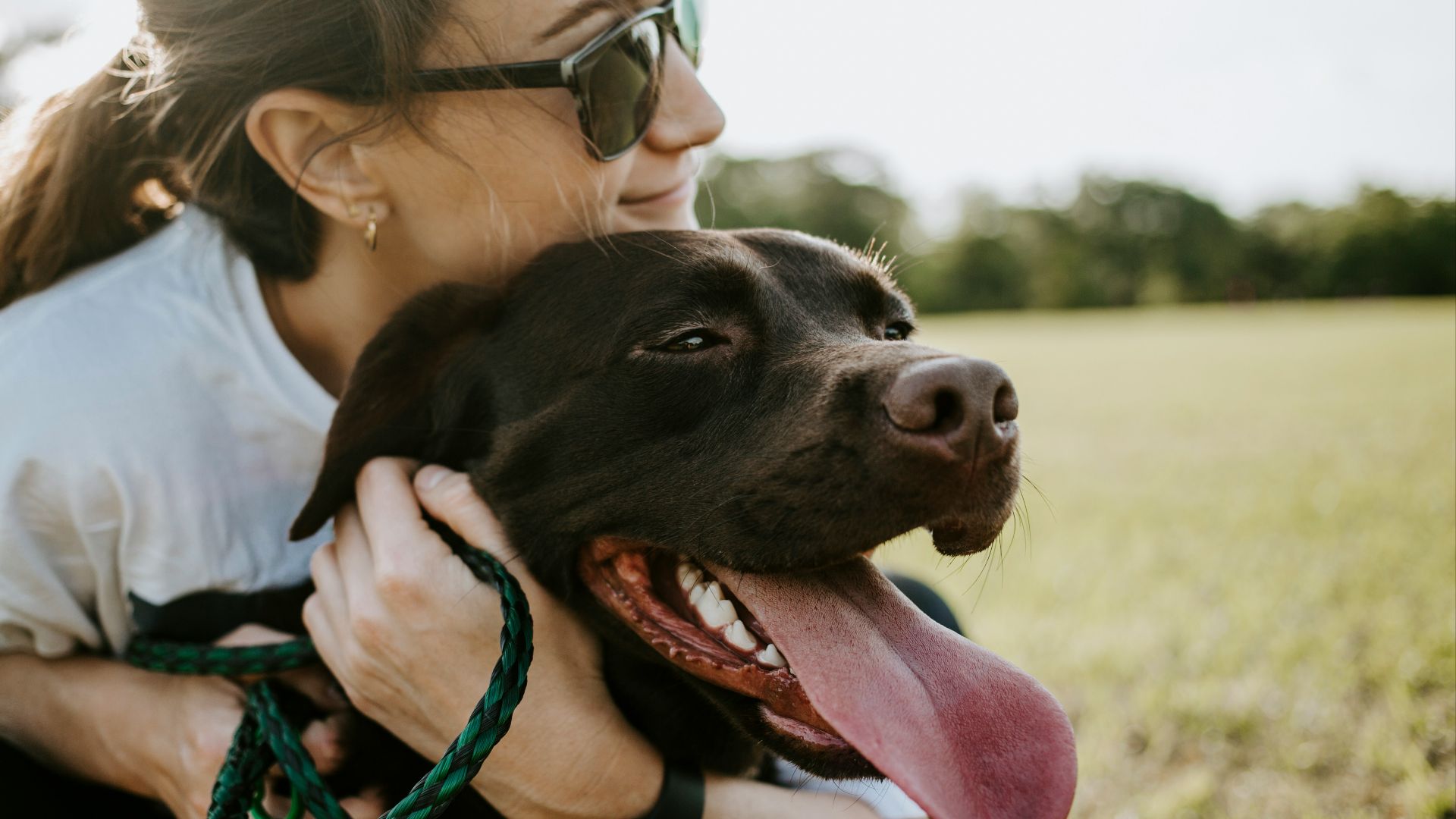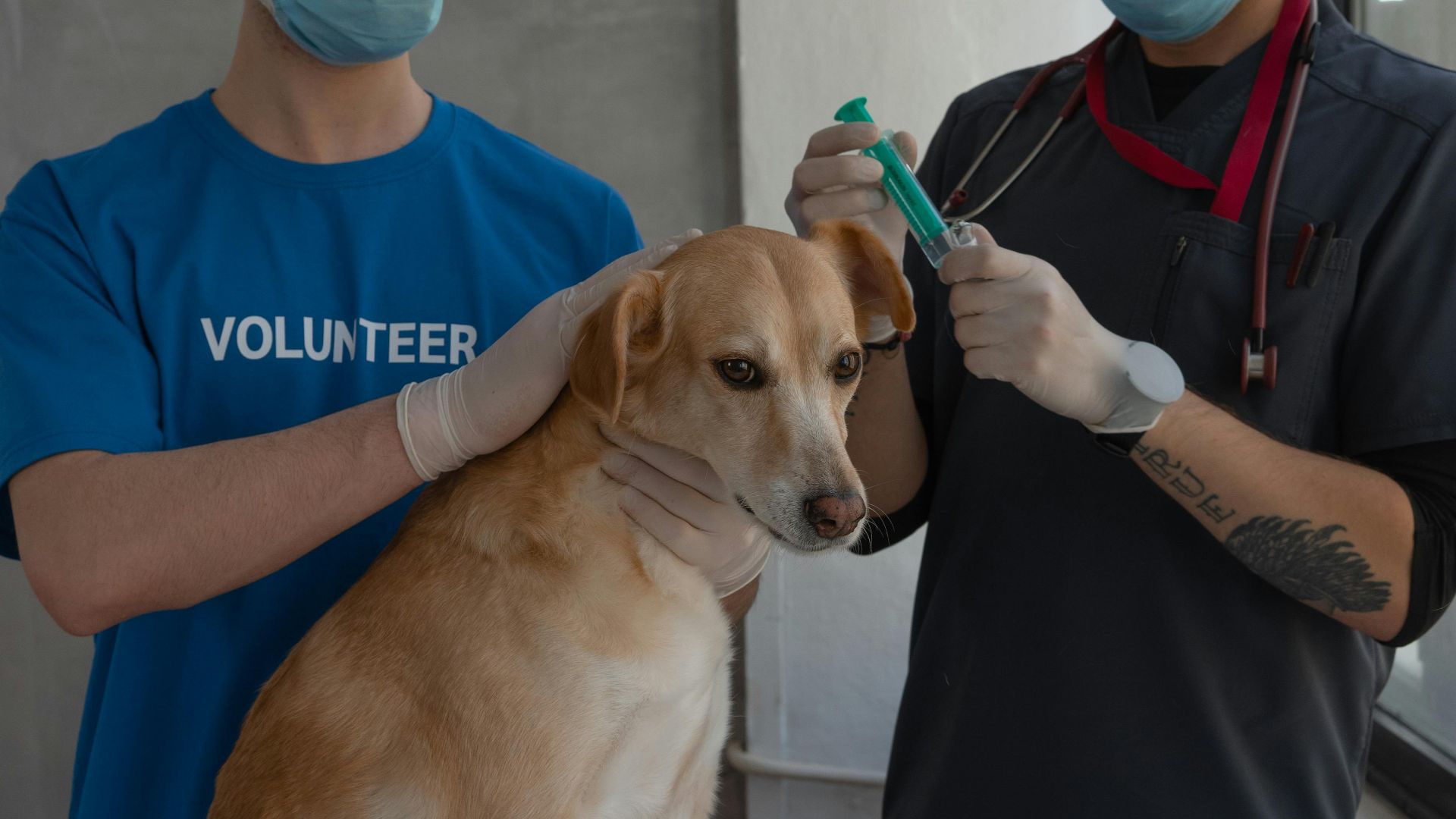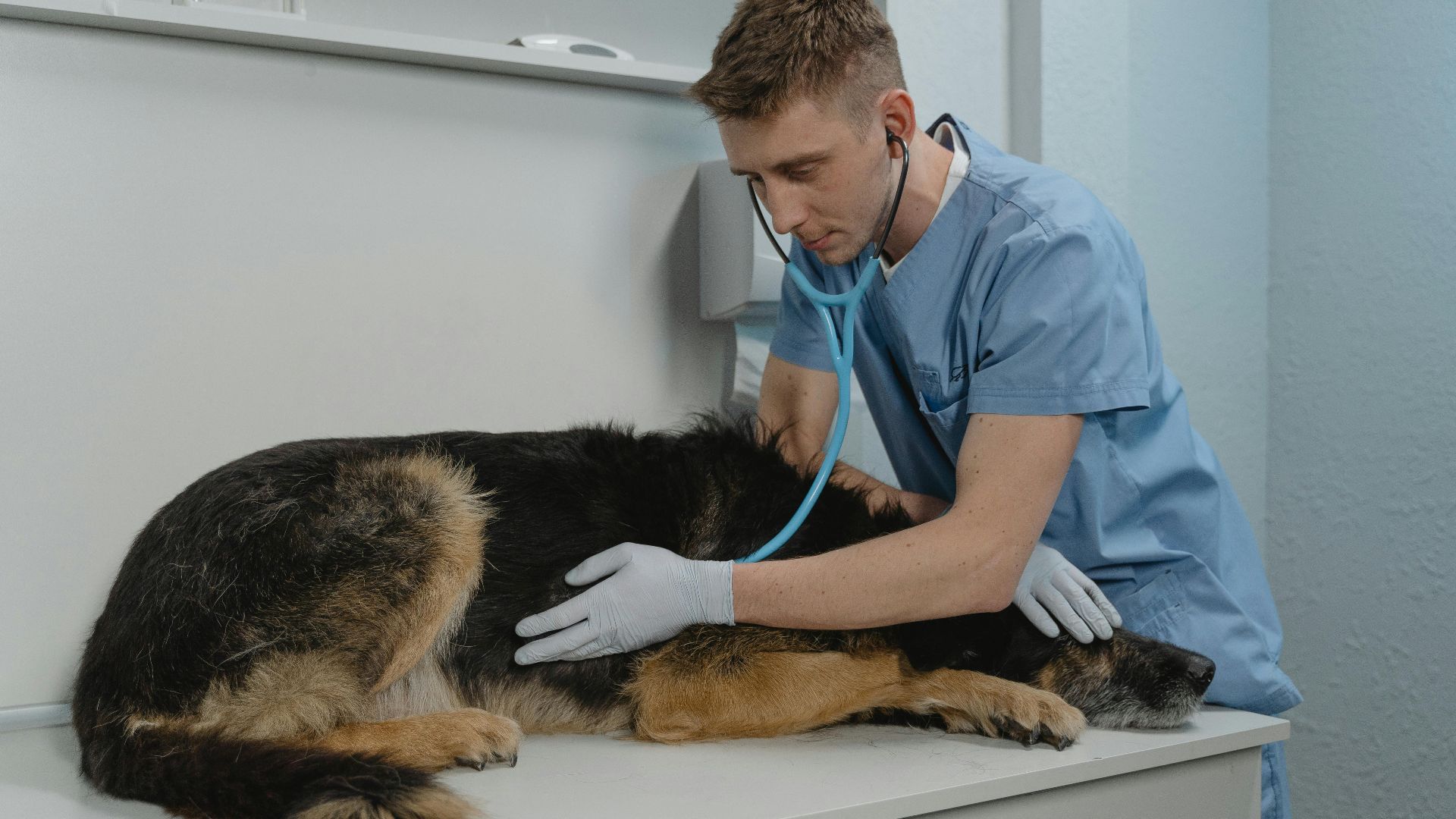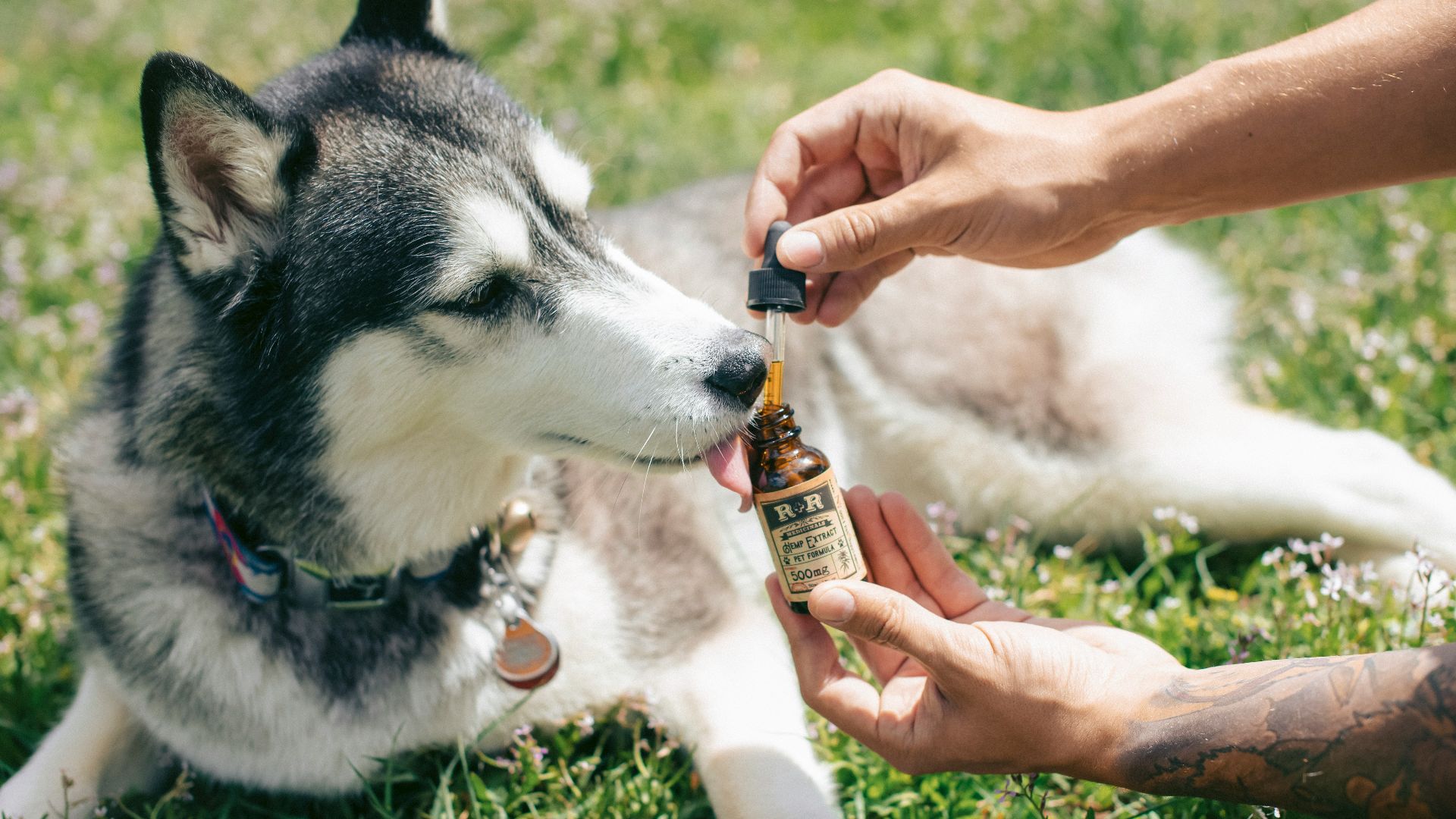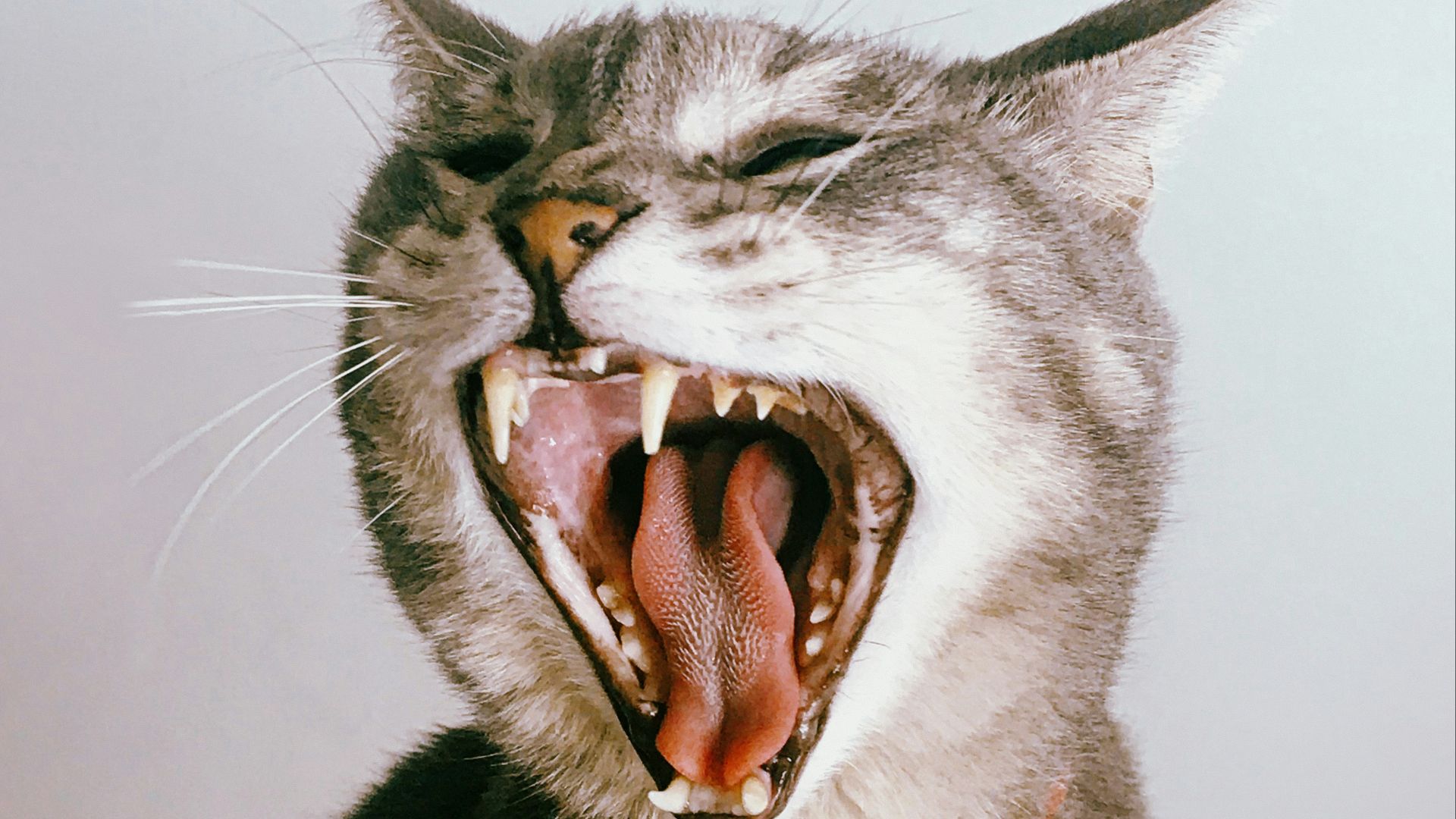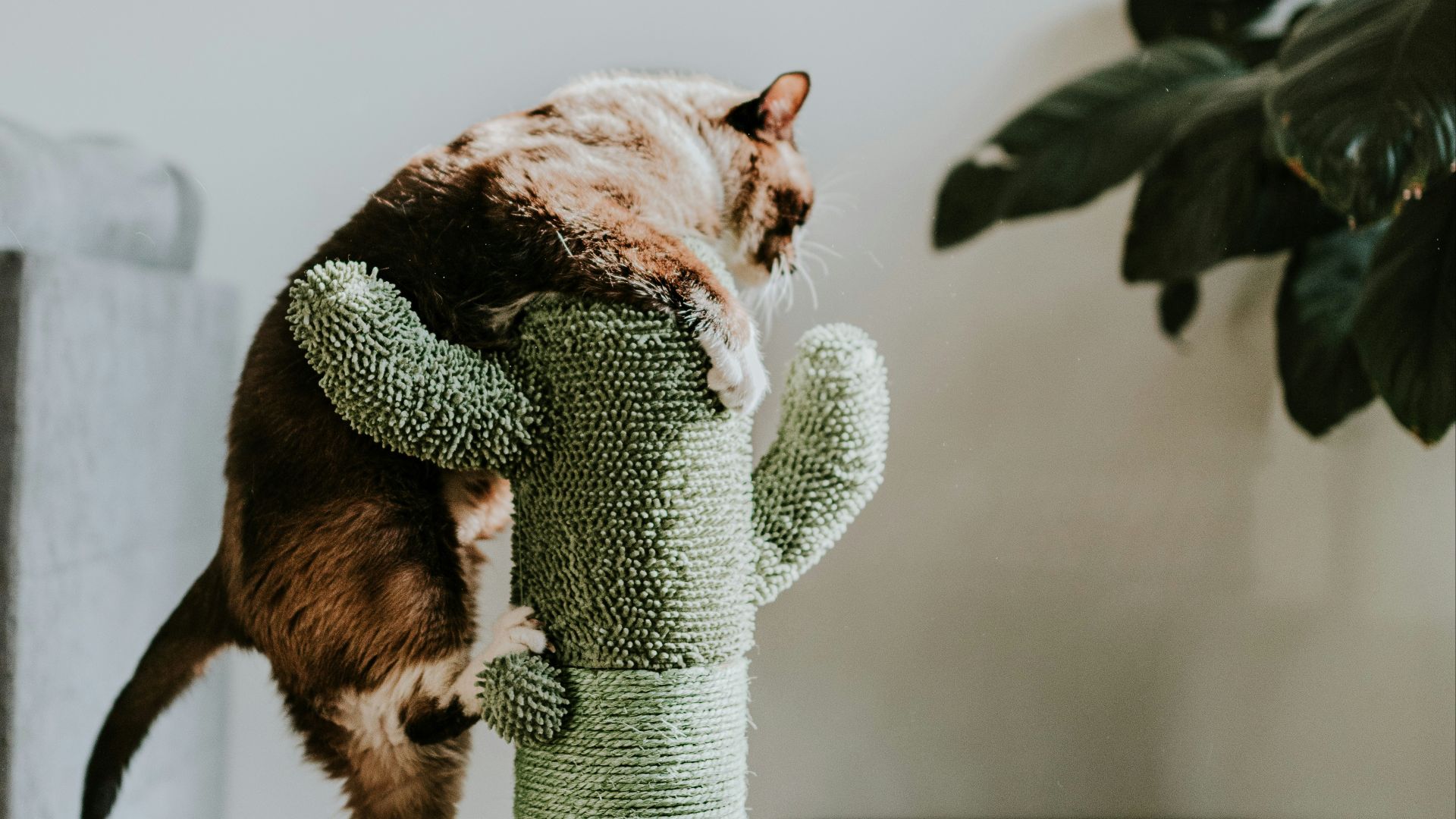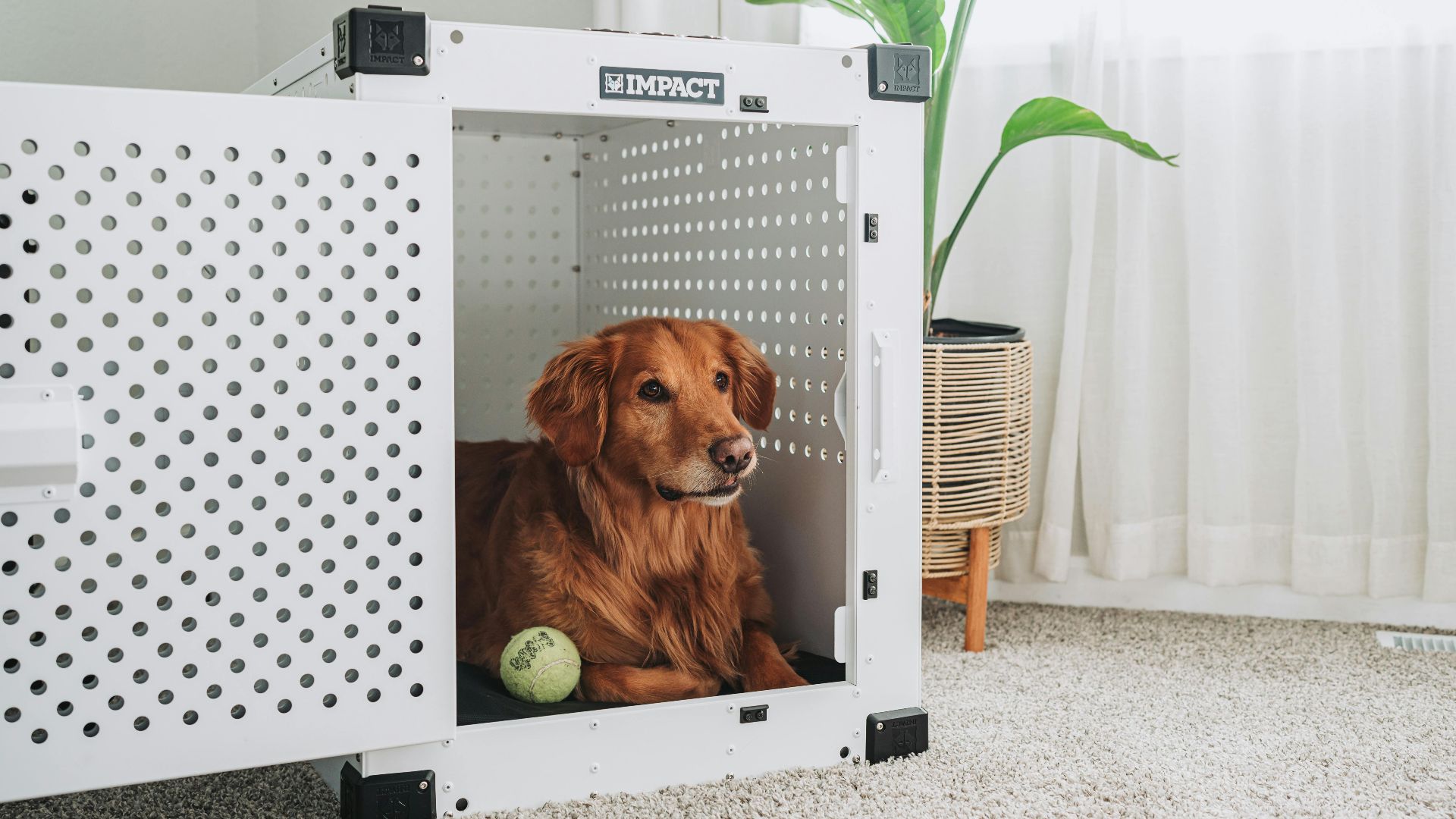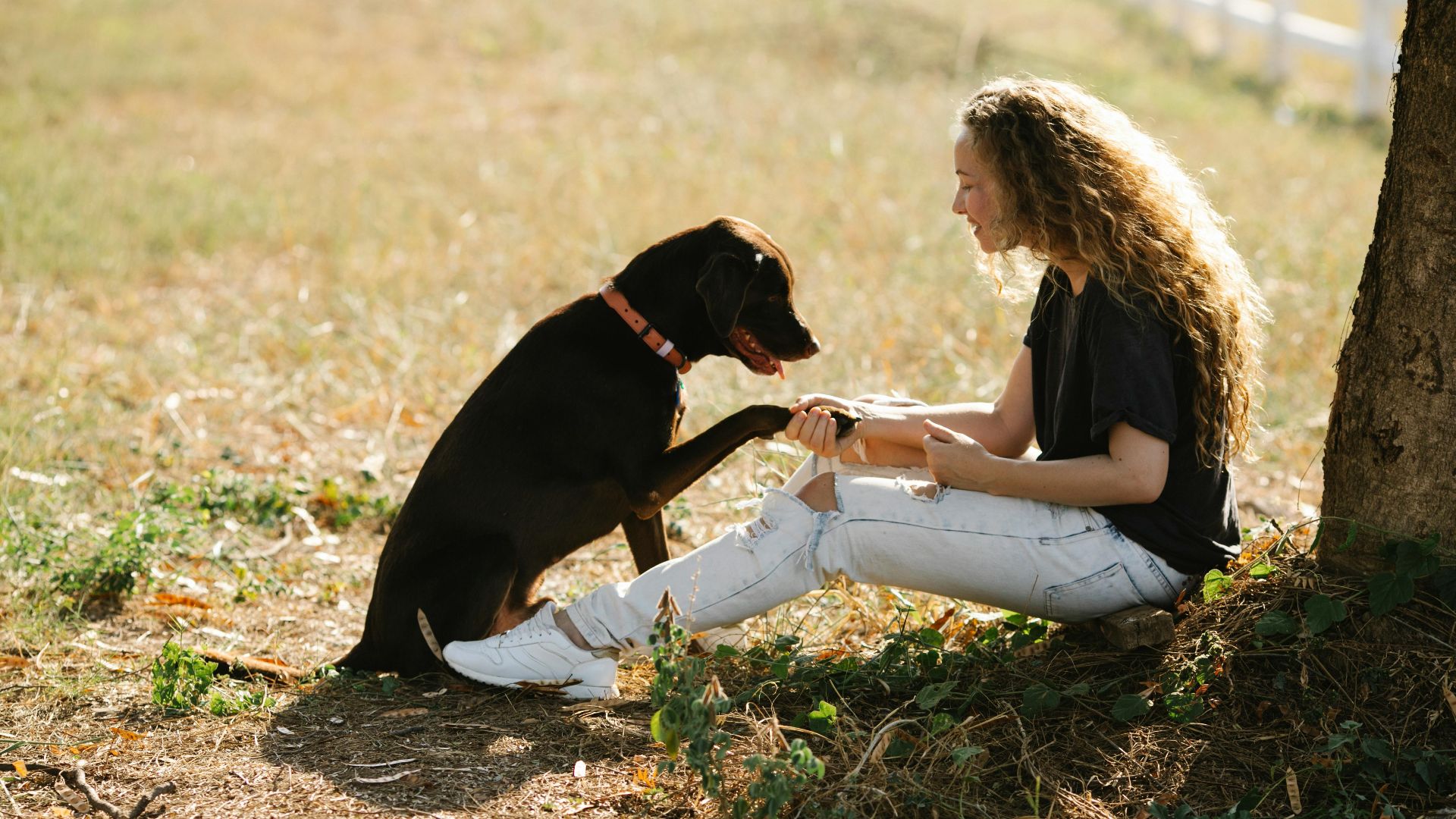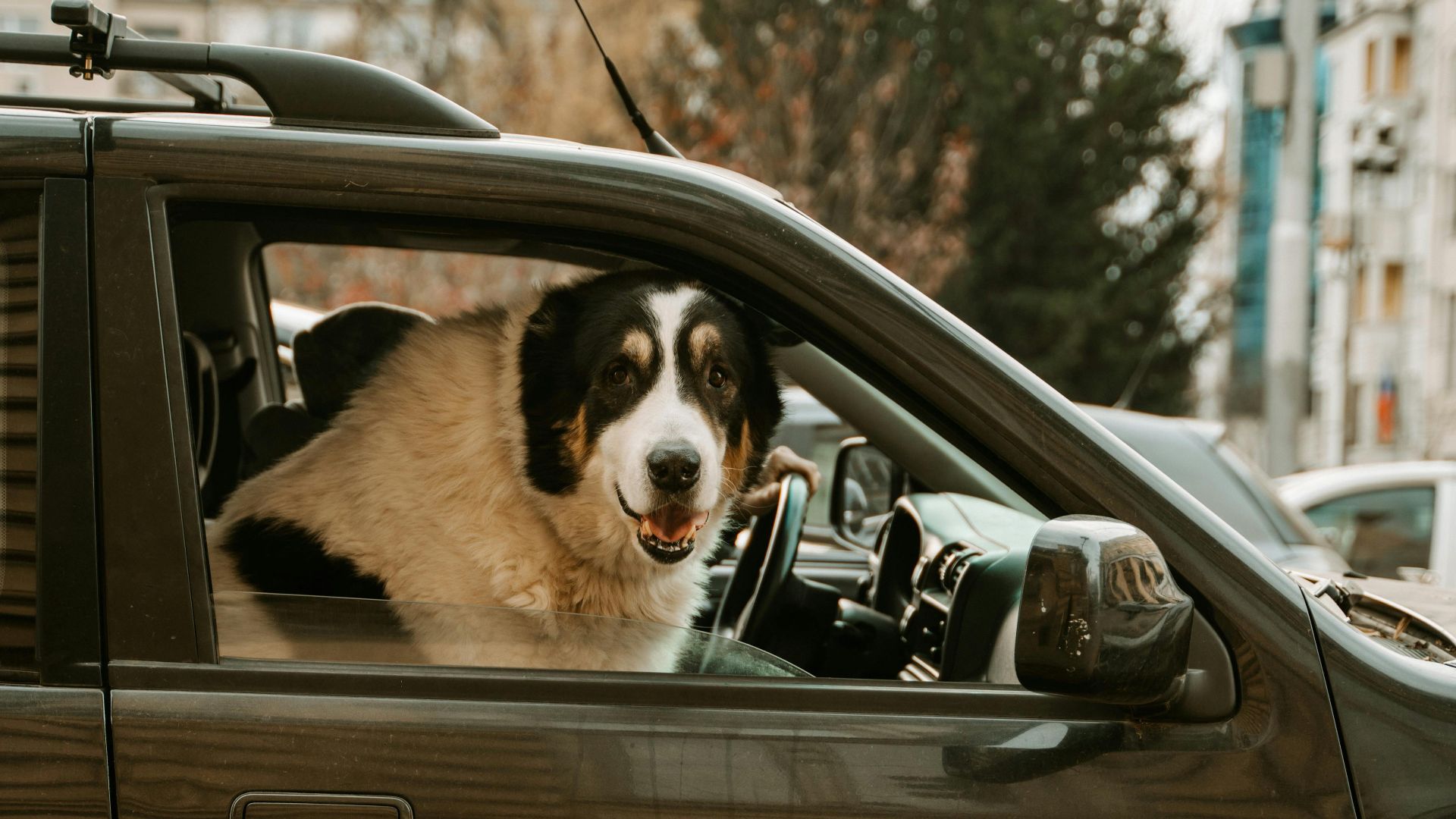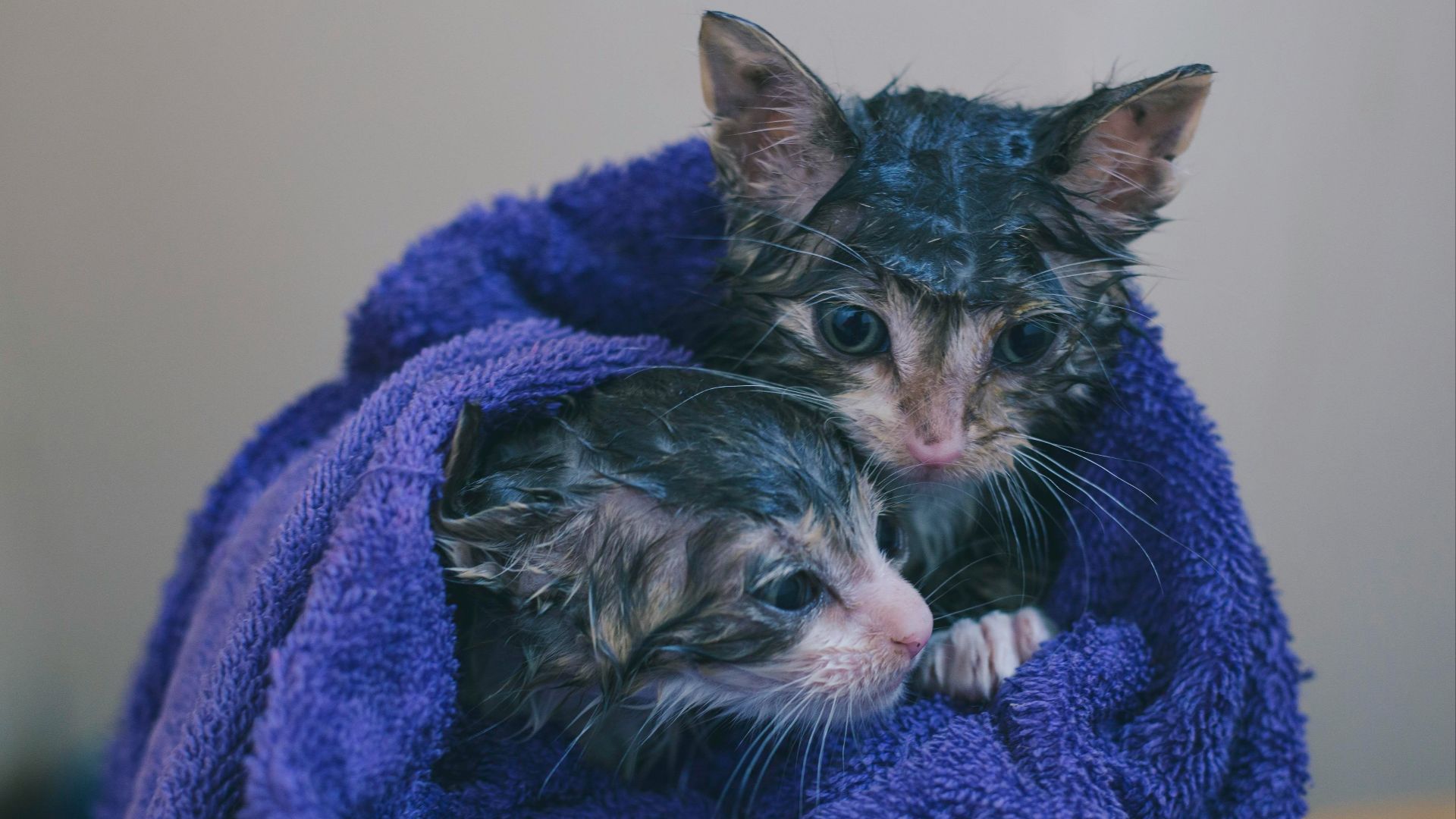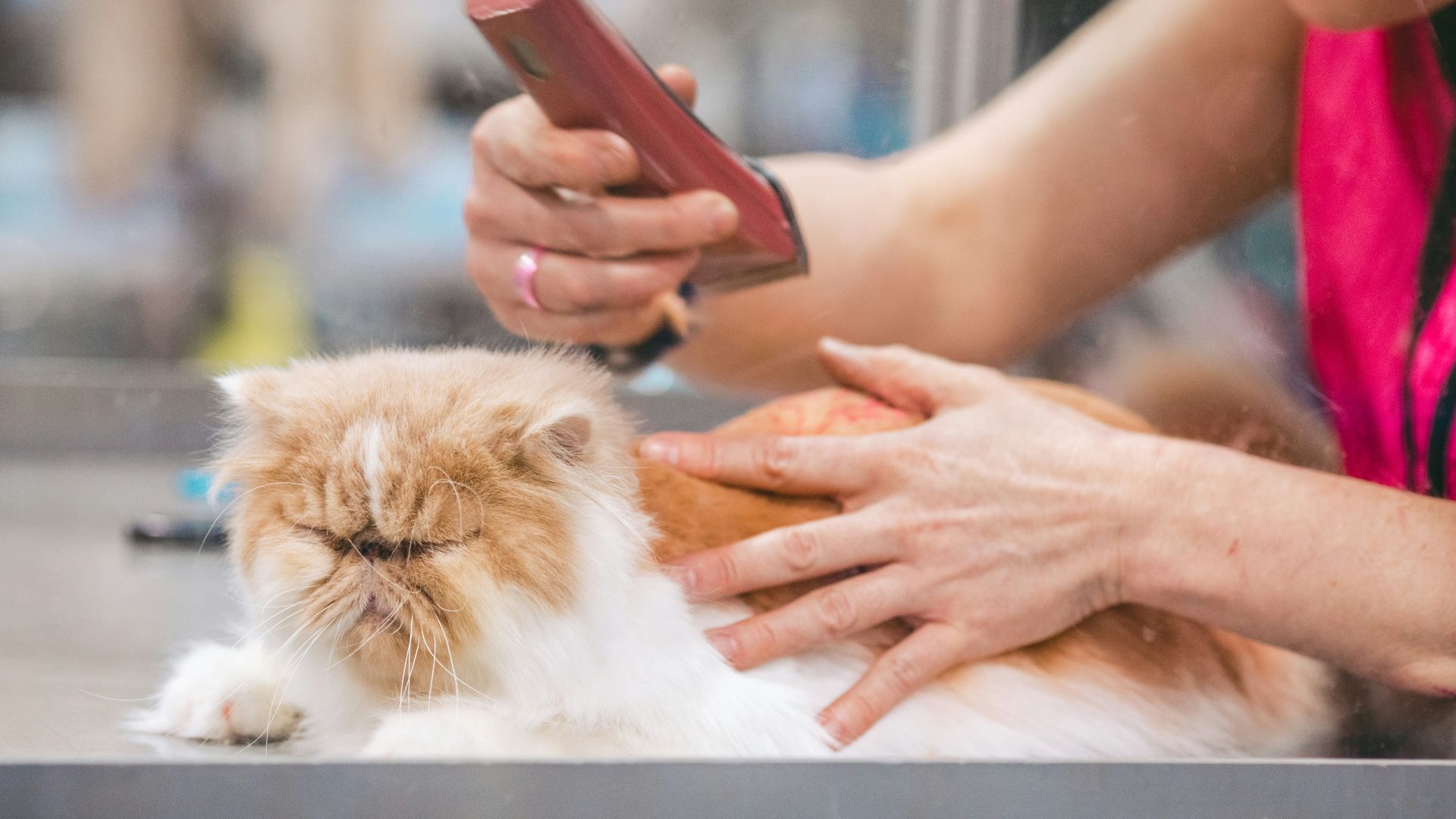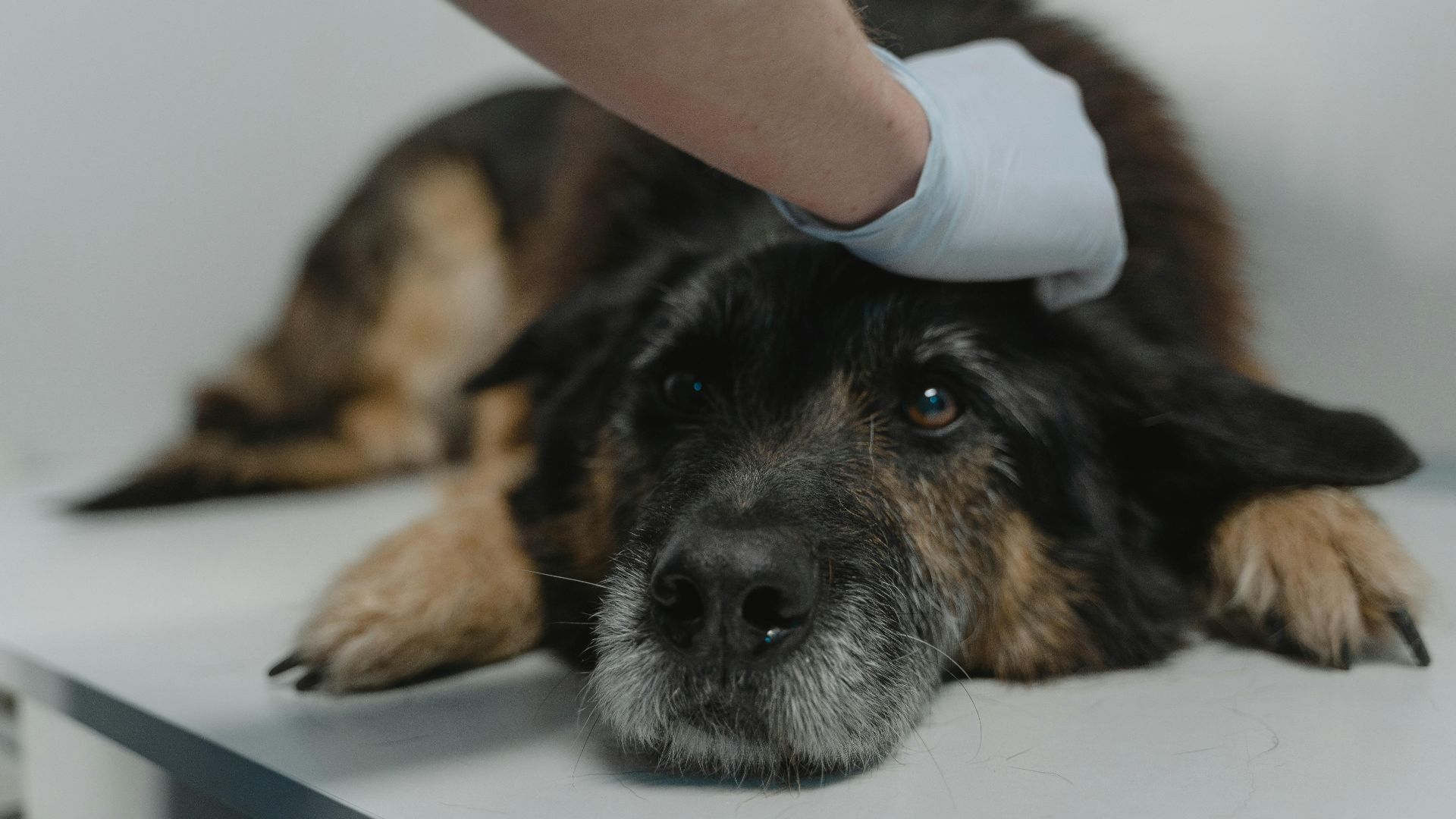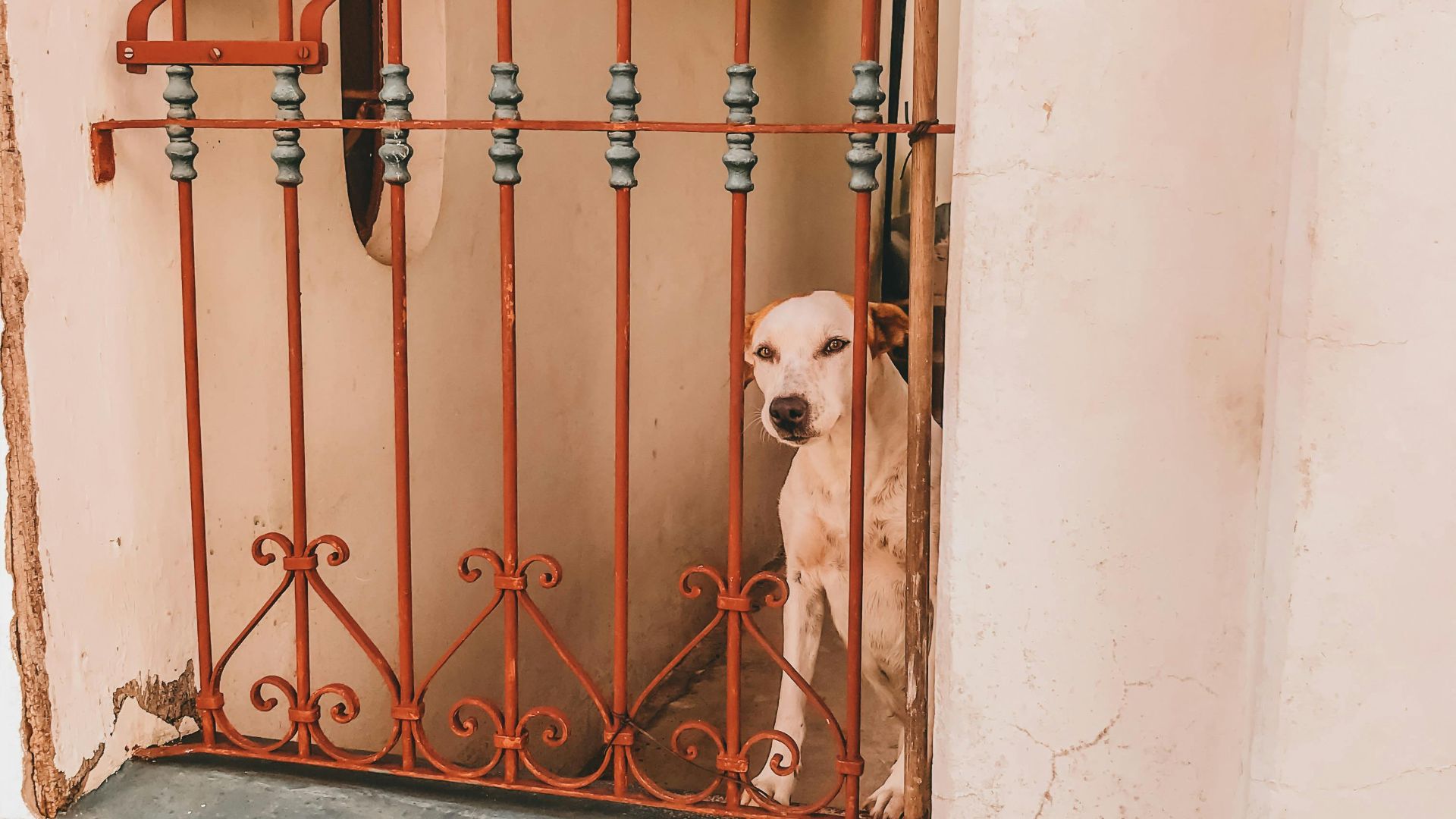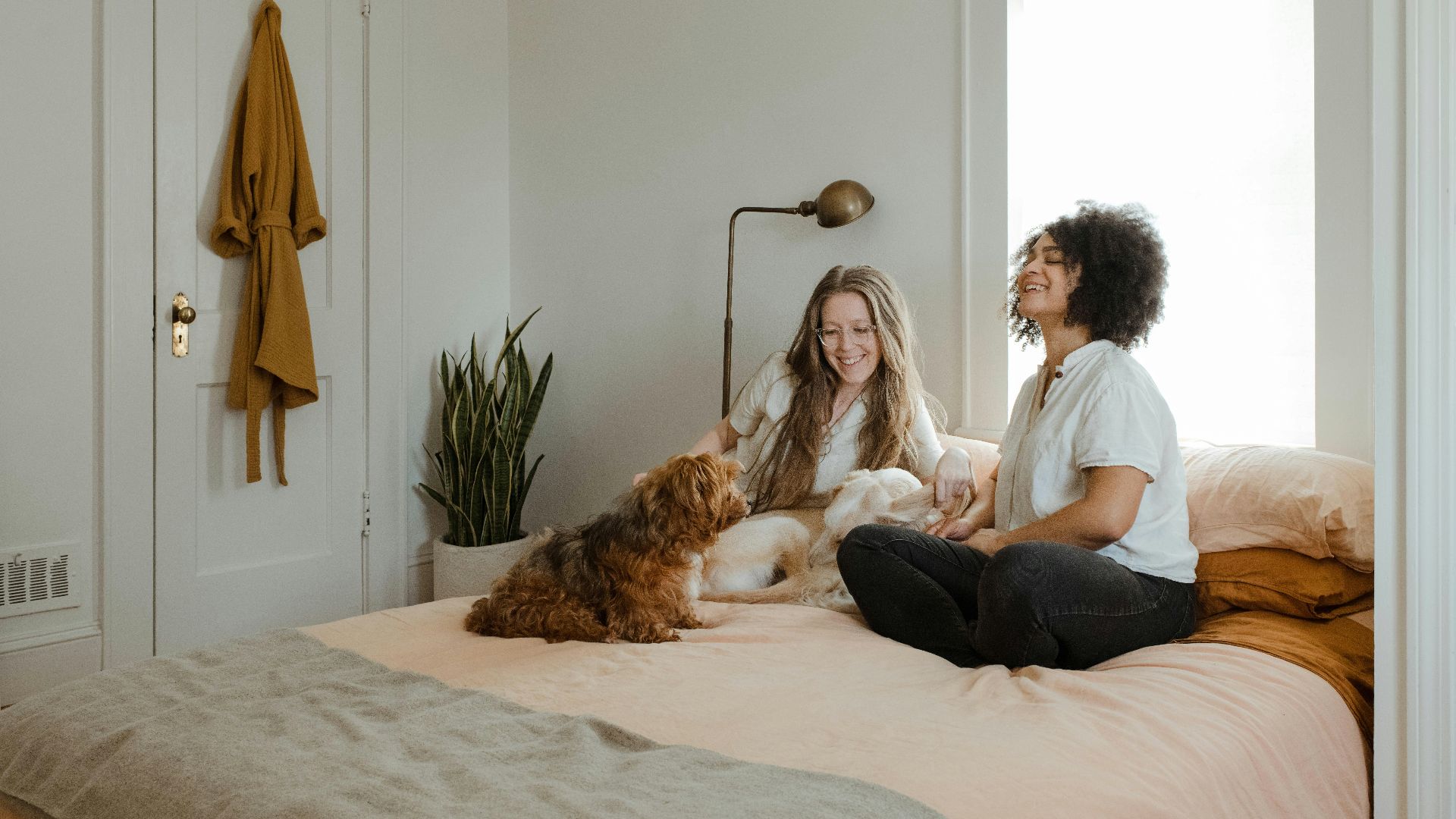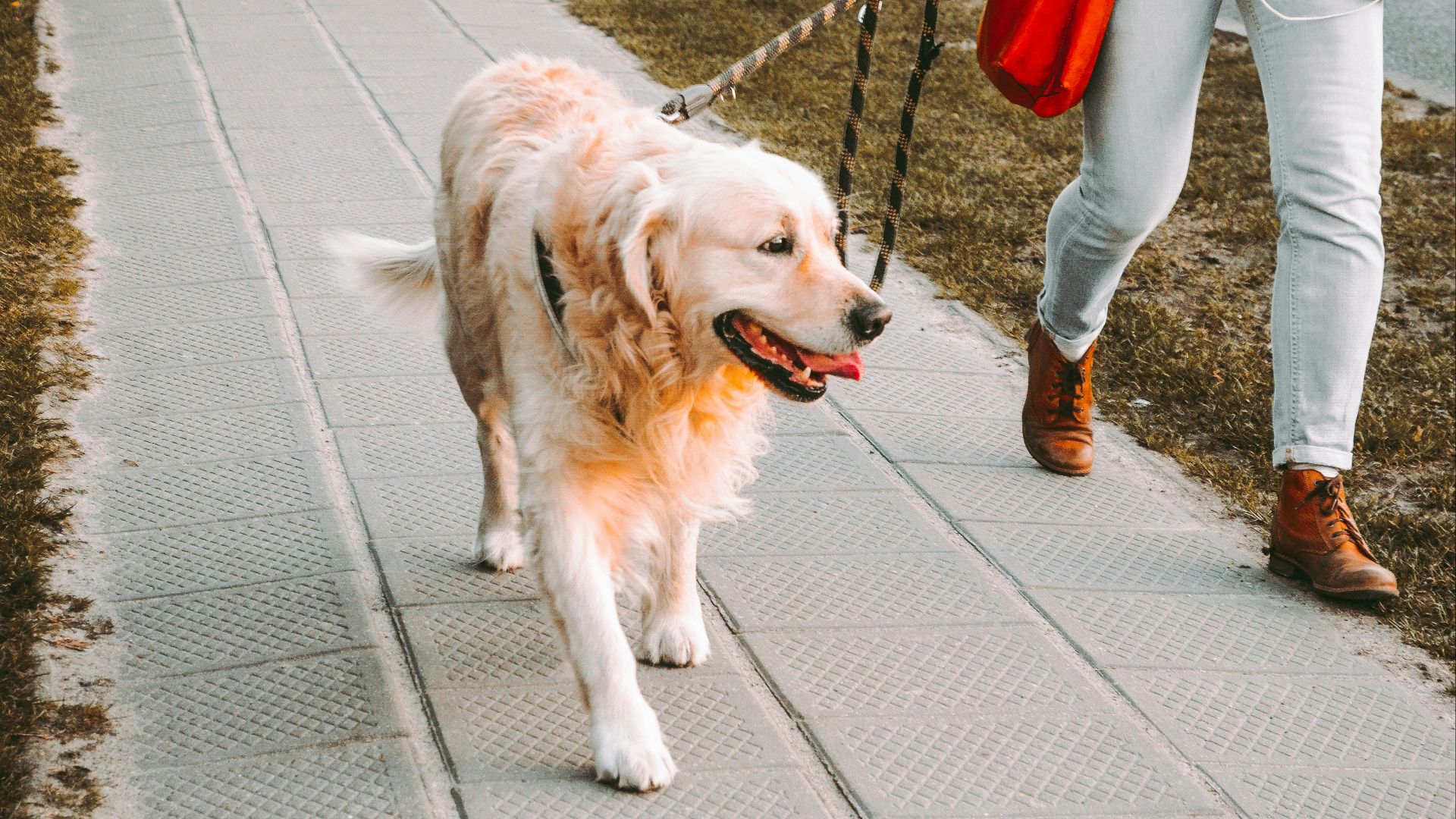Budgeting for a New Furry Friend
So, you're ready for a pet? Unless you're a seasoned pet owner, you might not realize just how costly caring for a furry friend can be. Of course, there's no price tag on the lifelong companionship pets bring, but it's still important to be aware. Expenses can quickly add up to thousands per year, so it's crucial to be financially prepared to accommodate a new pet. To help you make an informed decision, here are 10 hidden expenses of pet ownership and 10 more commonly known fees to keep in mind.
1. Preventative Care
Whether it's the prevention of fleas, ticks, or heartworm disease, or special medication needed for new allergies and sensitivities, preventative care costs can quickly add up. Depending on the breeder or shelter you've adopted your pet from, these vaccinations may have already been covered, but it's important to confirm if additional treatments are required.
2. Injuries & Emergencies
While you'd rather never expect the worst, your pet may get injured or need emergency surgery down the road. And unless you have pet insurance in place, these fees can be fairly costly. Imaging, blood work, and exams may be upwards of a few hundred dollars, while surgery could rack up to $4,000 or more.
3. Illness
Just like us, our pets can get sick. Some breeds may also be more susceptible to illness—or may have more allergies and sensitivities—than others, so it's important to pay close attention to their health so you can nurse them back to their normal self.
4. Dental Care
Again, just like us, our pets can develop plaque and tartar on their teeth and will require regular dental visits and cleaning to make sure their oral health stays in tiptop shape. And these costs can be steep—depending on the reason for your pet's visit, treatments may range from a few hundred dollars to over $1,000.
5. House & Furniture Repair
If you have a particularly lively pet that likes to chew up furniture, run around, claw your favorite clothes, or (without the proper potty training) relieve themselves anywhere, you might find yourself having to pay hefty costs to repair your home. Even after these fixes, you may still have lingering issues like odor and stains.
6. Increased Home Insurance & Security Deposits
No matter how well-mannered and trained your pet is, you'll need to pay extra fees to offset the potential damage they can do to a home. Expect to see an increase in your home insurance premiums, additional security deposits, or even a monthly fee tacked onto your rent.
7. Transporting Your New Friend Home
Depending on where you adopt or purchase your pet from, you'll need to factor in transportation costs so that they can arrive safe and sound in your home. For example, if you adopt from a shelter overseas, you'll need to arrange for proper travel equipment and accommodation or shell out a couple hundred dollars to have them send your new friend to you.
8. Training
Without proper training, some breeds may stay stubborn and unruly, so it's best to enroll them in obedience classes when they're still young. These schools can help you to develop a happier and healthier relationship with your pet. Alternatively, you can also opt to train them yourself, but you will need to invest plenty of time, effort, and care.
9. Bigger Car
If you're adopting a breed known to grow significantly in size and weight, you may need to arrange for more suitable equipment to bring them out with you. To keep them comfortable on drives and road trips, you might even need to change to a bigger car that allows them more room and space.
10. Travel Costs
Flying out? Unless you have a designated pet sitter who can watch over your pet, you'll have to bring them on your journey around the globe. The costs for arranging transportation for your furry friend can quickly add up, and you may even have to reconsider your trip.
These are some of the hidden expenses to expect when bringing home a new pet, but what about some of the more commonly known costs? Let's jump into that next.
1. Adoption or Purchase Costs
Pet owners will agree that there's no price tag not worth paying when it comes to their furry friend, but these costs can still be fairly steep for first-timers. Purchasing from a reputable, professional breeder will often be the most expensive, as they meticulously monitor the pets to ensure they're healthy and sometimes even well-trained. Shelters, on the other hand, may have pets that come from unknown backgrounds, which may make it more difficult for them to warm up to you, and may require additional treatments for unexpected health issues. However, adopting a pet from a shelter is equivalent to saving a life and giving them a loving home, so many first-time pet owners may choose this option instead.
2. Food
It's no surprise that food costs for your pet can quickly add up. Depending on the breed and size of your pet, they may also require specific diets to keep them healthy and strong. Plus, to ensure you're feeding your pet snacks and treats with high-quality ingredients, you'll likely need to choose more expensive options.
3. Toys
Even if your pet isn't particularly lively or the type to use their claws, they may still scratch up furniture if they don't have toys to play with. Tossing a stick with your pooch can only do so much before they get bored as well. Plus, certain pets may require teething toys—or they may chew up items around your home.
4. Bedding
Along with food and toys is another essential—a warm, cozy bed for your pet. You'll likely need to keep one or two around the house so that they have designated spaces to rest and cool down. You'll also need to purchase new ones as they grow bigger.
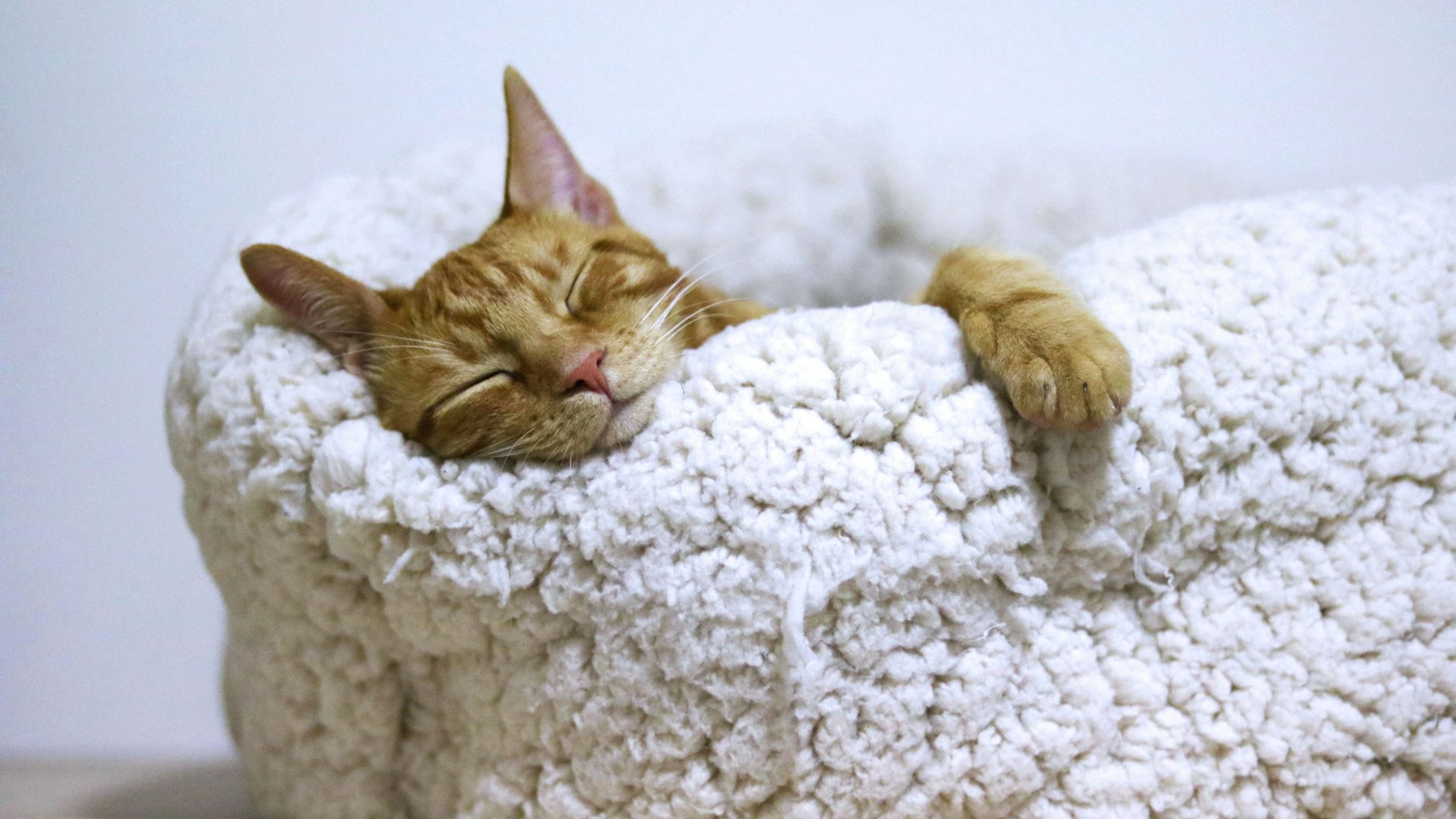 Aleksandar Cvetanovic on Unsplash
Aleksandar Cvetanovic on Unsplash
5. Leashes & Collars
While cats won't need a leash, you'll definitely want one for your pooch to make sure they won't run off and get lost when you're taking them out on walks. Your pets should also have collars with identification tags on them so that, in the off-chance they do accidentally wander off, they'll be brought home safely.
6. Grooming & Hygiene
Fur getting in the way of your pet's eyes? Nails too long they're pricking skin and furniture? First-time pet owners may often overlook just how quickly grooming and hygiene costs can add up—and that's not even including dental care. To ensure your pet is clean and well-groomed, you'll have to either take them to professional services or keep up with these routines yourself.
7. Veterinarian Fees
Depending on what vaccines and treatments your pet has already gotten before you adopted or purchased them, you'll need to make sure their up to date with their shots and boosters. Routine vet visits may add up to around $500 or more a year, and these regular, yearly checkups help ensure your pet stays healthy and strong.
8. Pet-Proofing Your Home
Pet-proofing your home may mean adding fencing or replacing your cords with ones that are chew-proof. If you don't want any unexpected injuries or damage to your home and furniture, you'll have to go the extra mile to ensure that your pet won't go into places where they can get hurt, and that they're blocked off from spaces that they could scratch up.
9. Pet Sitting
If you don't work from home and you live alone, you may need to hire a pet sitter to watch over your furry friend. These costs typically shouldn't be too expensive, but again, like some others on this list, the fees can quickly add up unless you have a friend, family member, or neighbor who can do the job for cheaper or for free.
10. Dog Walkers
Similarly to pet sitting, if you don't have enough time to walk your pooch, you may need to hire someone to do the job for you. If you can get a friend or neighbor to do this, you might be able to avoid shelling out money. But otherwise, these costs can also add up—especially with how much dogs love to stroll.


